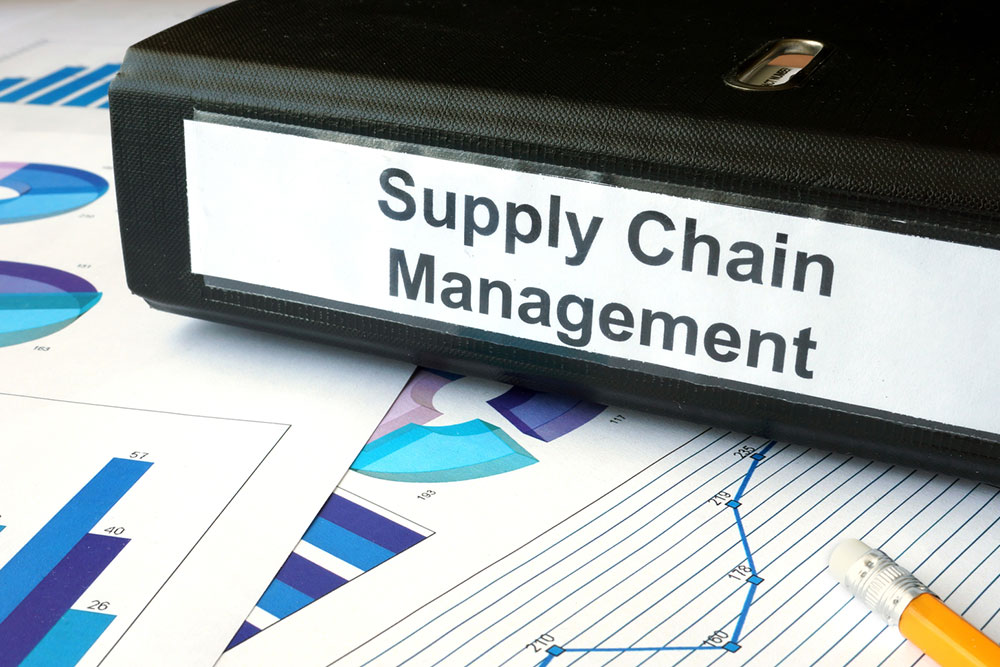Effective Supply Chain Management Software: Types and Buying Tips
Discover the different types of supply chain management software essential for streamlining operations. Learn buying tips including scalability, integration, and functionality to choose the best solutions for your business needs. Enhance your supply chain efficiency today.

Effective Supply Chain Management Software: Types and Buying Tips
In recent years, the critical role of supply chains in business operations has become increasingly evident. Managing efficient delivery, stock levels, and stakeholder coordination—covering suppliers, manufacturers, and distributors—is essential. To streamline these complex processes, many organizations adopt supply chain management software, which offers a comprehensive solution to oversee the entire supply process.
Understanding Supply Chain Management Software
Managing the supply chain involves various stages including sourcing, production, conversion, and distribution of goods and services. Supply chain managers coordinate these activities, working with vendors and integrating systems to optimize performance. Larger firms often utilize specialized software to improve efficiency and accuracy.
These software solutions include platforms, applications, or tools that manage each supply chain step from procurement to final delivery. Different industries select software based on their needs—for example, manufacturers and online sellers might focus on demand forecasting, while logistics providers might prioritize inventory control.
Common types of supply chain software include:
Inventory Management Systems (IMS)
IMS tools, such as SAP, Sage, and Fishbowl, facilitate real-time stock tracking, automated reordering, and demand prediction. This helps businesses prevent stock shortages, reduce excess inventory, and smooth out supply chain flow.
Warehouse Management Software
This software tracks inventory locations, manages storage space, and streamlines operations like shipping, picking, and returns. Solutions like Oracle NetSuite and SAP Extended Warehouse Management offer features to improve efficiency and labor management.
Transportation Management Systems (TMS)
Transportation software like Blue Yonder and Descartes optimize logistics, helping select the best carriers based on cost, transit time, and reliability, ensuring timely deliveries.
Supplier Relationship Management (SRM)
Effective communication with suppliers is vital. SRM tools such as QAD and Ivalua help consolidate supplier data, automate purchase orders, and evaluate supplier performance to foster strong partnerships.
Demand Planning Software
Programs like IBM Planning Analytics analyze past sales, buying trends, and team input to forecast future demand, leading to smarter inventory decisions.
Enterprise Resource Planning (ERP)
ERP systems like SAP integrate various functions—inventory, customer relations, financials, and HR—into one platform, offering a holistic approach to business management.
Selecting the Right Software
Choosing the ideal supply chain software involves considering key factors such as:
Scalability — The software should support business growth and adapt to evolving needs.
Integration — Seamless compatibility with existing systems is essential.
Features — Ensure the software meets current and future requirements.
User-Friendliness — Intuitive design minimizes training time and errors.
Cost — Consider upfront costs, ongoing expenses, and potential hidden fees.
Customer Feedback — Read reviews to gauge reliability, support, and performance.
Note: Our blog offers a wide array of insights on various topics. While our research aims to provide accurate information, it should not be regarded as absolute. We disclaim responsibility for inaccuracies or differences in data across platforms and advise readers to explore additional resources or offers for best results.









